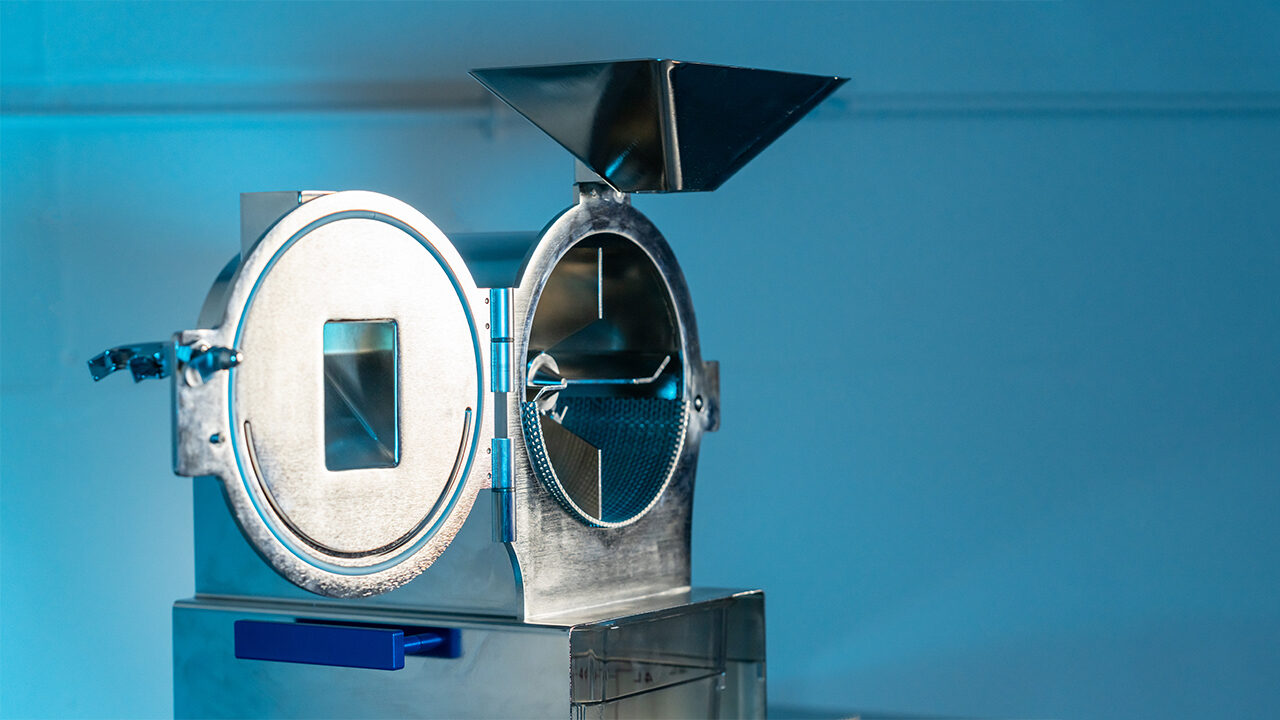The Connection Between Inflation, Climate Change, and Your Business (Opinion)
Climate change may not be as much of a contributing factor to our current inflation as the pandemic’s economic shockwaves, dysfunctional supply chains, increased consumer spending, or Russia’s war with Ukraine, but it has done its share of the damage. As we know all too well, inflation drives up the cost of doing business. And in that sense, all indoor producers have a high stake in combatting climate change.
An increasing frequency and intensity of weather events has wreaked havoc on energy supplies and brought transportation routes to a screeching halt. The 2021 winter storm in Texas, for example, rendered roads impassable and triggered a shutdown of more than half of the state’s natural gas supply due to power outages. Just as severe, are the catastrophic crop losses caused by drought, wildfires, floods, tropical storms, and more. All this contributes to skyrocketing food prices, escalating input costs, and climbing fuel prices.
Indoor producers pay more to heat or cool their facilities due to extreme weather conditions. The water they use to irrigate, the energy sources they rely on, the fuel they consume, the transportation routes they navigate to deliver their goods — all are vulnerable to the worst Mother Nature has to offer. And when disruptions occur, operating costs go up.
Taking it further, the attention paid to climate change has resulted in a greater focus on what caused it in the first place. Ergo, we are seeing an increase in advocacy campaigns, company mandates, and government legislation aimed at reducing carbon emissions, and the call for change only continues to intensify. Businesses are bound to experience increased costs in the run to achieve net-zero carbon levels as they invest in equipment and implement carbon-reducing solutions. And for businesses with high carbon emissions, carbon taxes, if implemented, could put a dent in bottom-line profits.
A big portion of the Inflation Reduction Act passed in August dedicates spending to clean energy investments. In addition to incentives designed to entice consumers and businesses into making cleaner energy choices, the Act tackles reducing carbon emissions from burning fossil fuels. While critics argue this legislation won’t go far enough in solving the problem, it is a start.
According to a study published in Nature Climate Change, extreme weather events and unusual weather patterns have reduced global agriculture productivity by 21% since 1961, which equates to seven years of productivity growth wasted, despite agricultural advancements over the years. Our progress is illusory — two steps forward, one step back.
There are many reasons why people aren’t motivated to address climate change. Maybe they don’t believe in it, they think it won’t impact them in their lifetime, or they haven’t a clue where to start. That’s OK; everyone is entitled to their own opinion. I would submit, though, that regardless of the causes, the changes we’re seeing in our climate are already having a financial impact on businesses and that will only intensify in the future.
You have numerous pressing issues to think about right now, developing solutions to deal with labor challenges, fractured supply chains, and soaring input prices. But don’t overlook your business’ response to these regulatory and other issues around our changing environment. There are bound to be some costs involved with putting solutions in place to address these matters. It can’t hurt to start thinking about what solutions you might want to implement now versus in the future. Do you want to spend a lot of money, perhaps money you didn’t budget for, in one shot and lose sleep because you are under pressure to get things done? Or would you experience a little less stress if you took these projects on one at time based on a schedule you determine?
My aim is to get you thinking about what you can do proactively to be prepared for the future because potential long-term impacts on your business are just as much of a threat to your survival as short-term impacts.










